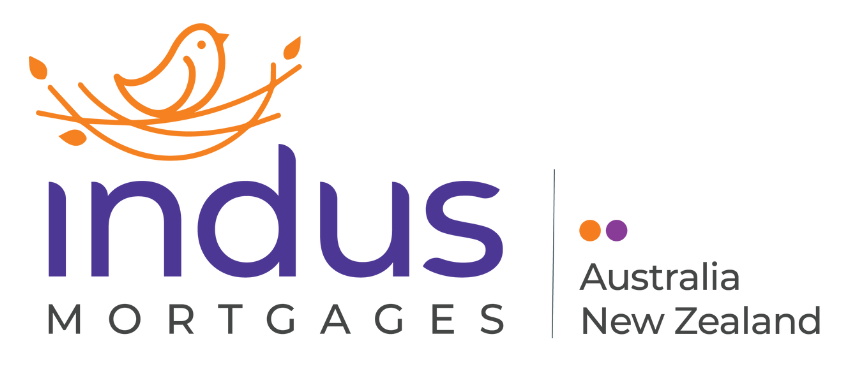HOME LOANS FOR THE SELF EMPLOYED
Getting a Mortgage When You're Self-Employed:
It's Possible!
Being your own boss doesn't mean you can't own your own home. While getting a mortgage when self-employed can seem challenging, it's far from impossible. With the right approach and guidance, you can navigate the process successfully and achieve your homeownership dreams.
Understanding Your Options
Traditional Bank Loans
Many banks offer mortgages to self-employed individuals, but they often require more documentation. Don't be put off by the common myth that you need two years of business history. While this can help, it's not always a strict requirement.
Non-Bank Lenders
These lenders can be more flexible, especially if you've been in business for less than two years. They might offer 'low doc' loans, which require less paperwork. Keep in mind that interest rates may be higher, but this could be a good short-term solution.
Key Factors Lenders Consider
- Business Stability: How long you've been trading and your business track record.
- Income: Your ability to make regular repayments, even with fluctuating income.
- Credit History: Your past financial behaviour and debt management.
- Deposit: The amount you can put down upfront.
Preparing Your Application
Strong documentation is crucial. Work with your accountant to prepare:
- Profit and loss statements
- Tax returns and GST returns
- Cash flow forecasts (especially for newer businesses)
Remember, lenders want to see your true earning capacity. This might mean balancing tax minimisation strategies by showing a healthy income.
Getting Professional Help
A mortgage adviser experienced in self-employed applications can be invaluable. They understand which lenders are more likely to approve your application and can help present your financial situation in the best light.
The Process:
Applying for a Mortgage When Self-Employed
- Gather your financial documents:
- Profit and loss statements
- Tax returns
- Bank statements
- Cash flow forecasts (if your business is new)
- Speak with a mortgage adviser: They can guide you on which lenders are more friendly to self-employed applicants.
- Consider non-bank lenders: These may offer more flexible options if you've been in business for less than two years.
- Prepare your application: Work with your adviser to present your financial situation in the best light.
- Be ready to explain: Lenders may ask about fluctuations in your income or business performance.
- Review your options: Your adviser will help you understand the terms and choose the best mortgage for your situation.
- Submit your application: Your adviser can handle this on your behalf, ensuring all necessary documentation is included.
Remember, every situation is unique. Don't be discouraged if one lender says no – there are often other options available. With persistence and the right support, you can find a path to homeownership that works for you.
FAQs
Do I need to be self-employed for two years to get a mortgage?
Not necessarily. While many lenders prefer to see a two-year track record, it's not always a strict requirement. Some lenders may consider your application if you've been self-employed for as little as six months, especially if you have a strong business plan, good credit history, and can demonstrate a stable income. Non-bank lenders often have more flexible criteria for self-employed applicants.
What documents do I need for a mortgage application if I'm self-employed?
Typically, you'll need to provide:
- Tax returns for the past two years (if available)
- Profit and loss statements
- Bank statements (personal and business)
- GST returns
- A business plan or cash flow forecast (especially for newer businesses)
- Proof of any other income or assets
The exact requirements may vary depending on the lender and your specific situation. A mortgage adviser can help you understand exactly what you need to provide.
Can I get a mortgage if my business is less than a year old?
Yes, it's possible, although it might be more challenging. Non-bank lenders are often more willing to consider applications from new business owners. You'll likely need to provide:
- A detailed business plan
- Cash flow projections
- Evidence of contracts or future work
- Proof of your experience in the industry
Your personal credit history and any deposit or other assets you have will also be important factors.
How do lenders assess my income if it's irregular?
Yes, it's possible, although it might be more challenging. Non-bank lenders are often more willing to consider applications from new business owners. You'll likely need to provide:
- A detailed business plan
- Cash flow projections
- Evidence of contracts or future work
- Proof of your experience in the industry
Your personal credit history and any deposit or other assets you have will also be important factors.
Lo Doc and No Doc Mortgages:
A Simpler Path to Homeownership
Struggling to get a mortgage because you don't have the 'right' paperwork? Don't worry, you're not alone. Many self-employed people find it tricky to provide the documents banks typically ask for.
What are Lo Doc Mortgages?
Lo Doc (Low Documentation) mortgages are designed for people who can't easily prove their income in the usual way. This might be you if:
- You're self-employed
- You earn commission
- You have overseas income
- Your financial records aren't readily available
How We Can Help
While most banks don't offer Lo Doc mortgages anymore, we have special arrangements with lenders who do. These mortgages can be a great solution if:
- You haven't been in business long enough for traditional loans
- You can't provide the financial information banks usually require
- You need short-term funding for a project
We understand that your situation is unique. That's why we work hard to find mortgage options that fit your circumstances, not the other way around.
Remember, having less documentation doesn't mean you have fewer options. Let's talk about how we can help you move forward on your path to homeownership.
They may use the lower of your past two years' income or apply a reduction to your stated income as a safety margin. If your income has increased recently, a lender might consider your current income level if you can explain and document the reason for the increase.
Remember, every lender has different criteria, and every application is unique. A mortgage adviser experienced in self-employed applications can help you navigate these complexities and find the best option for your situation.
WE ARE HERE TO HELP
We've Been in Your Shoes
At Indus Mortgages, we truly understand the unique challenges faced by self-employed individuals seeking a mortgage. Our founders have walked this path themselves, having worked as chartered accountants and as business owners. This firsthand experience gives us a deep appreciation for the complexities you're navigating.
We know that being self-employed often means dealing with irregular income, complex tax situations, and the challenge of proving your financial stability to lenders. But we also know that these hurdles aren't insurmountable. Our team has the knowledge and experience to guide you through the process, ensuring your application is presented in the best possible light to both banks and non-bank lenders.
As fellow business owners, we're committed to sharing our insights and understanding with you. We don't just process your application; we work alongside you, offering practical advice and strategies that come from years of professional experience and personal insight into the self-employed journey.
With Indus Mortgages, you're not just getting a mortgage adviser – you're partnering with a team that truly understands your situation and is dedicated to helping you achieve your homeownership goals.

Loan Calculators
Click here!
Let's talk Finance
Call 0800 744 844
Get in touch
Click here!
We’ll find the best mortgage for you from all major banks & lenders
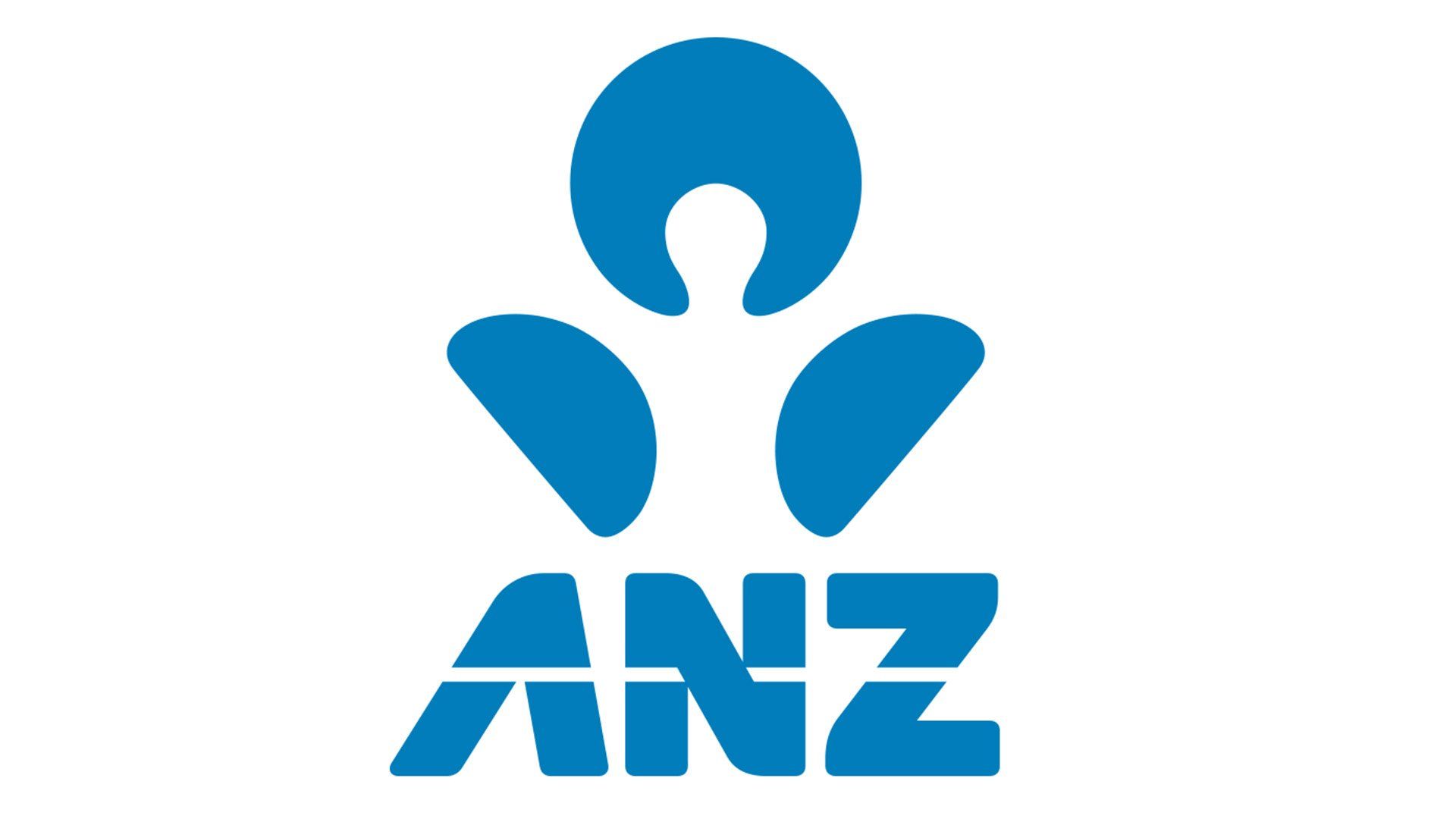
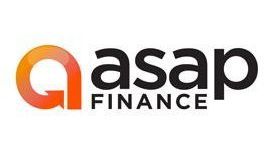
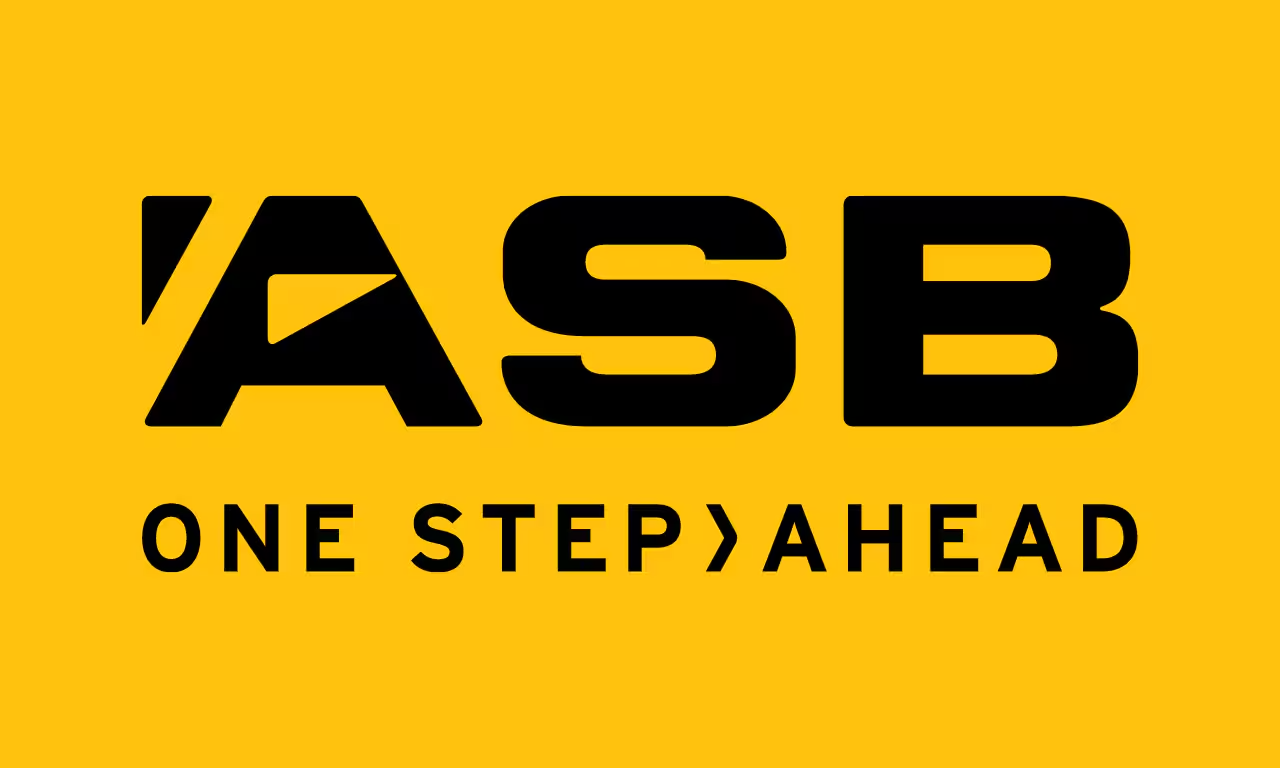
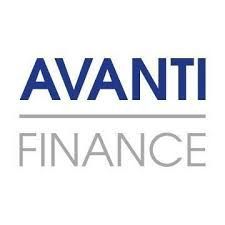
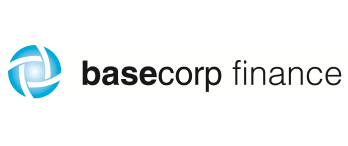
Office
